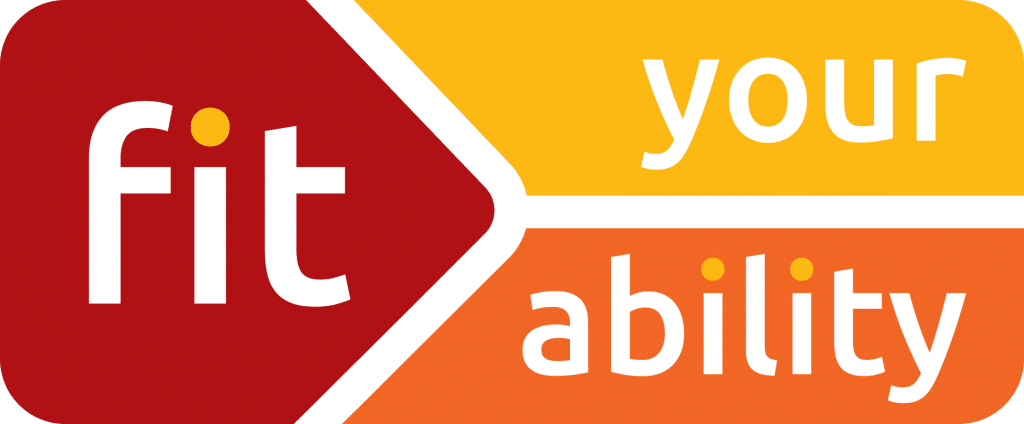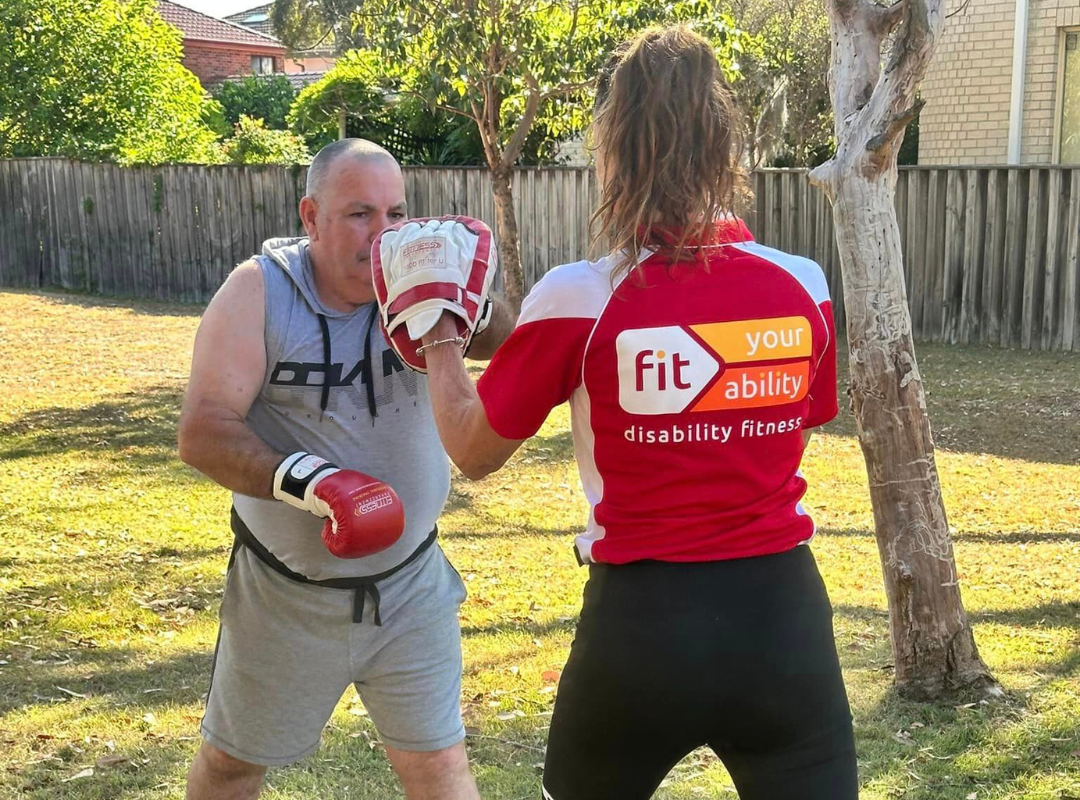5 Steps to Achieve Your Fitness Goals—For Every Ability
A goal without a plan is just a wish!
Everyone deserves the opportunity to achieve their health and fitness goals, regardless of ability. Whether your goal is improving mobility, building strength, increasing independence, or just staying active in a way that works for you, having a structured plan is the key to success.
Setting SMART goals (Specific, Measurable, Achievable, Relevant, and Time-bound) is a great starting point, but taking action is what turns those goals into reality. Here’s how to get started:
1. Make It Real
Once you’ve set a goal, bring it to life! Write it down, create a vision board, or share it with someone you trust—such as a friend, support worker, or NDIS-registered personal trainer.
For many people with disabilities, fitness goals might include things like improving balance, increasing stamina for daily activities, or building strength for better mobility. Whatever your goal, acknowledging it and verbalizing your commitment makes it feel real and achievable.
2. Set A Benchmark
To track progress, you need to know where you’re starting. Your starting point is unique to you, so it’s important to measure progress based on your personal abilities rather than comparing yourself to others.
This could mean:
✅ Tracking how long you can last before needing a break
✅ Measuring flexibility, range of motion, or grip strength
✅ Monitoring how easily you complete daily tasks like standing up, transferring, or carrying items
✅ Taking note of how you feel before and after workouts
✅ Tracking your meals and monitoring portion control throughout the day
Reassess every 6-8 weeks to see how far you’ve come!
3. Make a Plan That Works for YOU
Your fitness and support plan should be tailored to your abilities, needs, and lifestyle. Generic workout plans don’t work for everyone, especially if you have specific physical, sensory, or cognitive challenges.
An NDIS-Registered personal trainer can help design a program that:
🛠️ Includes modifications suited to your abilities
🏡 Can be done at home, outdoors, or in a gym (whichever feels most comfortable)
🕒 Fits into your daily routine and goals
💪 Prioritizes what you CAN do rather than focusing on limitations
Having a plan increases consistency and makes fitness feel like a natural part of your life.
4. Stay Accountable
Having the right support and motivation can make all the difference in achieving your fitness goals. This support can come in many forms, including:
➤A qualified personal trainer, support worker, or support coordinator who understands your unique needs and can tailor sessions to your abilities.
➤A trusted friend, carer, or family member who can check in on your progress and provide encouragement.
➤A structured reminder system, such as phone alarms, calendars, or planners, to help you stay on track.
Accountability is key to long-term success. Beyond external support, your own goals can serve as motivation—knowing that each session is a step toward greater independence, confidence, and improved mental health.
5. Make It Part of Your Lifestyle
Long-term success comes from making fitness a sustainable habit.
This means:
🔹Exercise comes in many forms such as strength training, yoga and sport and recreation, choose exercises that you enjoy and can stick with long term.
🔹 Finding movement that fits into your daily life (e.g., stretching while watching TV, doing seated exercises at your desk, or using resistance bands while in your wheelchair)
🔹 Celebrating progress, no matter how small—every achievement matters!
Short-term programs may bring quick results, but long-term consistency creates lasting change.
Keep Going—Progress Takes Time
Fitness is a journey, and there will be challenges along the way. Some days will be harder than others, but every step, stretch, and rep gets you closer to your goal.
If you ever feel stuck, just remember obstacles are part of the journey and you should never give up because your goals will be worth the effort.
Need support to get started?
Related Posts
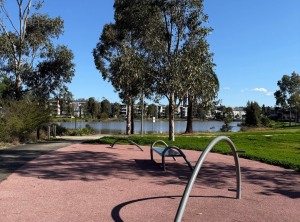
Inclusive Fitness in Jordan Springs Village Centre Lake
Inclusive Fitness in Jordan Springs Village Centre Lake If you’re looking for inclusive fitness options in Penrith, the Jordan Springs Village Centre Lake is the
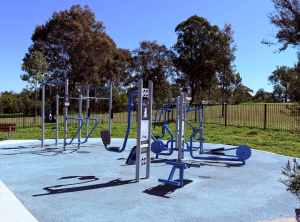
David Currie Playspace: An Accessible Exercise Park in St Clair
David Currie Playspace: An Accessible Exercise Park in St Clair If you’re looking for an inclusive and accessible place to enjoy the outdoors in Western
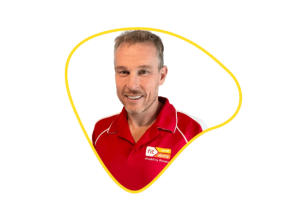
Join Million Moves Now
Join Us for Million Moves 2025! Did you know 75% of Australians don’t get enough movement to meet the minimum exercise requirements?For people living with
